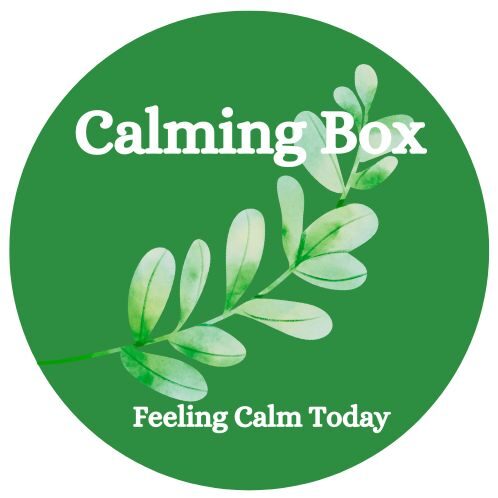Struggling with anger?
Living in fear that someone you love will leave you if you cannot control your fury?
It will continue if you do not bring your own awareness and acknowledgement to its purpose.
Anger, often labeled as a negative emotion, is a complex and vital aspect of human experience. It serves as a powerful signal, a protective mechanism, and a motivating force, contributing to our psychological well-being and personal growth.
By understanding the multifaceted nature of anger and learning effective strategies to manage it, we can navigate our emotions more effectively and build healthier relationships.
The presence of anger, in our emotional repertoire, is its role as a boundary indicator. It functions as an internal alarm system, alerting us when our personal standards or boundaries are breached, either by others or ourselves. This intrinsic mechanism helps us recognize situations that warrant attention and assertiveness.
Whether it involves a value we hold dear or a relational boundary, anger acts as a beacon, prompting us to address the issue and protect our personal space. Embracing this aspect of anger enables us to utilize it, as a catalyst for positive change, ensuring our needs and values are respected. And, the safety of others.
Anger also serves as a shield against more vulnerable emotions such as sadness, fear, and shame. It acts as a defense mechanism, allowing us to distance ourselves from the discomfort of these intense feelings. While confronting vulnerability can be daunting, anger provides a readily accessible outlet to channel our emotions.
Rather than directly acknowledging our pain or fear, we might unconsciously resort to anger as a way to maintain control and establish emotional distance. Recognizing this tendency empowers us to explore the deeper layers of our emotional landscape, addressing the underlying vulnerabilities that anger might be masking.
The pivotal role of rage is its capacity to energize and motivate us toward action and change for our collective good.
When channeled appropriately, anger becomes a driving force, propelling us to make necessary adjustments in our lives. It serves as a call to action, compelling us to address neglected issues, rectify injustices, or improve our circumstances and others we share the planet with.
Be responsible for your anger, as it functions in our nervous system landscape.
As a boundary signal, a protective mechanism, and a motivating force, it guides us towards healthier emotional expression and more meaningful connections.
Are there coping strategies keeping you disconnected from yourself? Video games, alcohol, legal drugs, lack of sleep, nicotine,social media?
By acknowledging these influences, embracing emotional intelligence, and refining communication skills, we can harness anger’s power for personal growth and foster positive change in both our lives and the broader world.
Always stand up for injustice whether it is directly affecting you and your situation or not.
We are all better united than divided.

